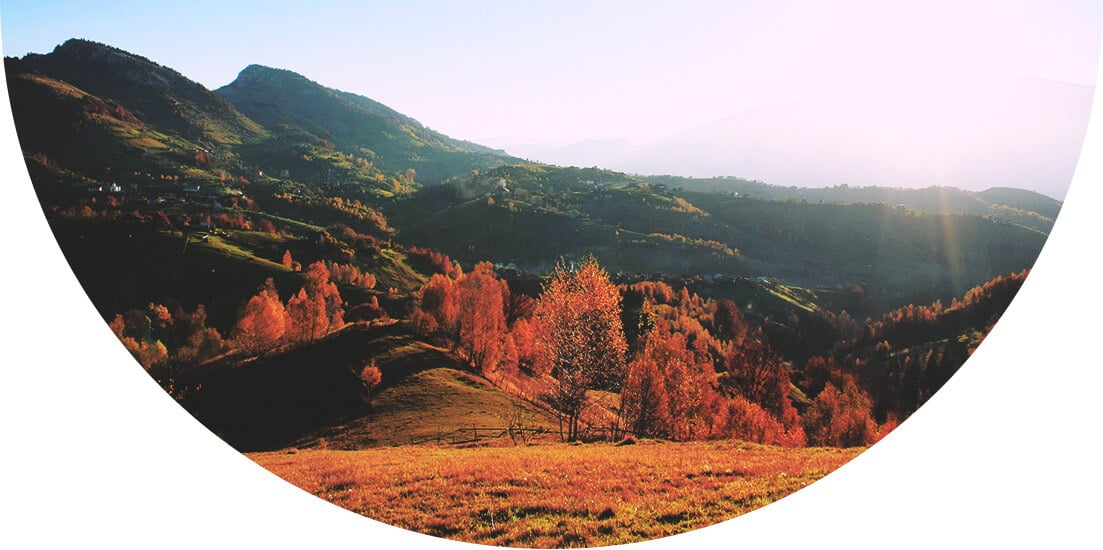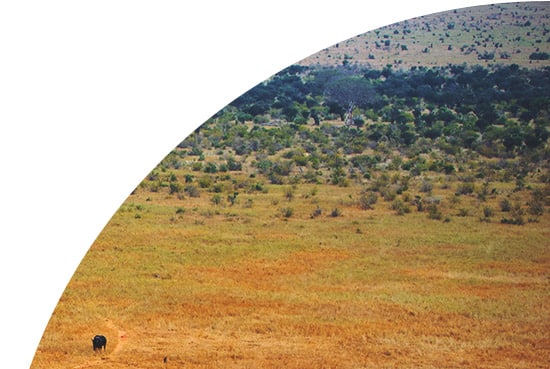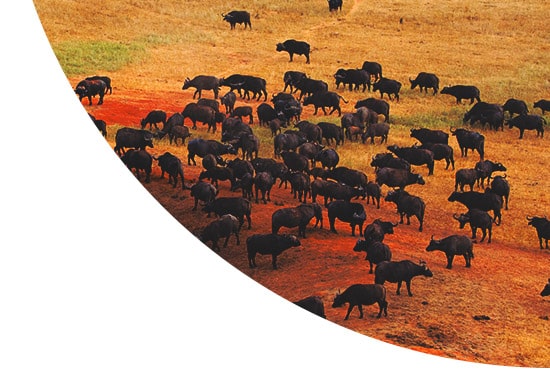Rift Valley fever (RVF) is an acute, fever-causing viral disease that usually affects domesticated animals (such as cattle and sheep), but can also infect and cause illness in humans. The majority of human infections are caused by direct or indirect contact with the blood or organs of infected animals.


Travel Vaccinations for Equatorial Guinea
Recommended Vaccines for Equatorial Guinea
The level of protection needed depends on your medical history and travel itinerary. Book now to get a personalised recommendation from our specialist travel nurses. The consultation costs £20 plus any vaccines you decide to take.
Flexible appointments with no upfront payment
Book Now
Destination Information for Equatorial Guinea
The small West African country of Equatorial New Guinea, bordered by Cameroon and Gabon, is made up of the mainland country and five offshore islands. It has a troubled political history, and as such is not the easiest country in terms of tourism, but many intrepid travellers do make the effort to experience unspoilt colonial Africa and the abundance of natural beauty which Equatorial New Guinea has to offer.
The country is a former Spanish colony, and evidence of this can still be seen in the architecture of the capital, Malabo, on the island of Bioko. Large areas of the mainland are now protected zones, as they are home to some of the world’s most endangered species of primates. These are popular areas for hiking, and you’ll be treated to the sight of gorillas, mandrills, chimpanzees, forest elephants, crocodiles and more. The Monte Alen National Park has an excellent hotel and is an affordable way to see rainforest wildlife up close.
The Rio Muni area, which includes the Monte Alen National Park, is also home to the port town of Bata. This is the second largest city of Equatorial New Guinea and is the best place to base yourself if you want to see a good mix of beaches, wildlife and nightlife.
Infections and Outbreaks frequently change from country to country and by attending our clinics you will be given the most up to date clinical and safety advice from our team of specialists. Our advice to you often includes aspects such as:
- Food and water hygiene
- Insect and animal bite avoidances
- Personal safety
- Sexually transmitted infections
- Sun protection
- Altitude sickness
Malaria and regions within country:
There is a high risk of P.Falciparum malaria throughout the country and anti-malarial medication is advised.
Additional Health Risks Information for Equatorial Guinea
Equatorial Guinea is a relatively safe African country to visit when compared with others which have troubled political history. The level of violent crime is low, however there are regular incidences of petty theft and robberies targeting foreigners, so keep an eye on your valuables at all times and take sensible precautions to stay safe. Carry a copy of your passport and visa with you, as you may be stopped at any time as you travel around the country, at police and military roadblocks.
Equatorial Guinea is high risk for malaria and Yellow fever, it is advisable to visit a Travel clinic to get the necessary vaccines, medications and advice before you travel. Be particularly aware of personal and food hygiene while in Equatorial Guinea. Food from street stalls may not be prepared to suitable hygiene standards, so take care over what you eat and drink to avoid becoming ill.
There is a hospital at La Paz in Malabo, but medical facilities elsewhere in Equatorial Guinea are scarce. You may be able to find a pharmacy stocking basic medicines, but it’s advisable to carry any routine medication you may need with you for your trip. Ensure that you have travel insurance that will cover medical evacuation and private medical costs if you need to have treatment outside of the country.



